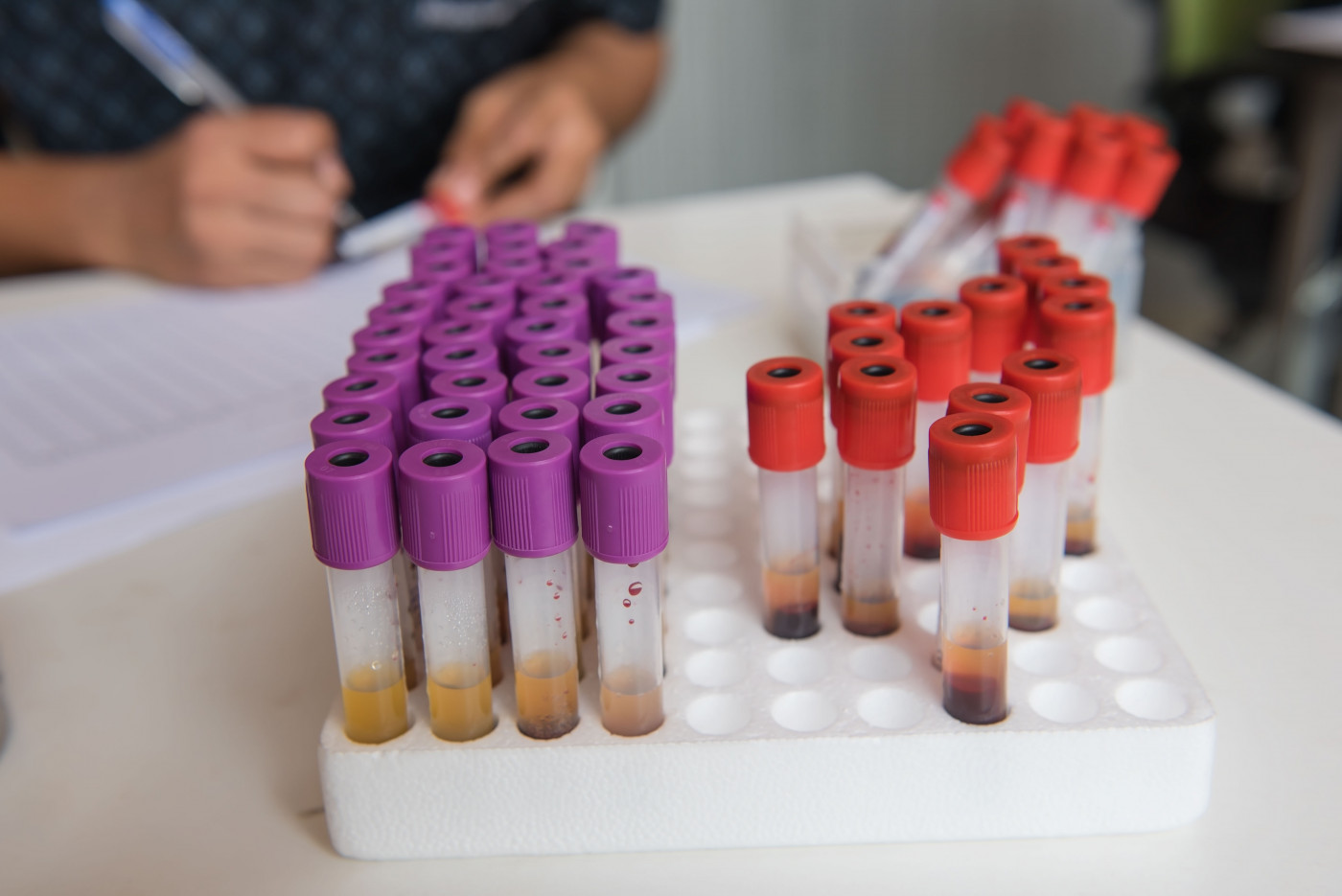Some Patients at Higher Risk of Hyperlipidemia Despite Surgery

Disruptions in blood sugar metabolism and hypercortisolism — excessive levels of the hormone cortisol in the blood — are both linked to a higher risk of hyperlipidemia, or having high levels of fatty molecules circulating in the bloodstream, in people with Cushing’s disease, a study found.
Hyperlipidemia, in turn, is linked to a higher risk of cardiovascular complications, such as heart failure.
The study findings also demonstrated that people with Cushing’s who have high cholesterol levels before undergoing tumor removal surgery are more likely to continue showing signs of hyperlipidemia after having the procedure.
According to researchers, these findings indicate that physicians need to not only focus their efforts on normalizing these patients’ cortisol levels through surgery. It’s also important to identify and manage other early risk factors for the condition so as to control hyperlipidemia in these individuals, the data suggest.
These findings were reported in “Lipid Abnormalities in Patients With Cushing’s Disease and Its Relationship With Impaired Glucose Metabolism,” a study published in the journal Frontiers in Endocrinology.
Cushing’s syndrome comprises a group of conditions characterized by the excessive production of the glucocorticoid hormone cortisol by the adrenal glands, which sit atop the kidneys.
In Cushing’s disease, the most common form of Cushing’s syndrome, this excessive production of cortisol by the adrenal glands is driven by a tumor in the brain pituitary gland that releases high amounts of adrenocorticotropic hormone (ACTH). Standard treatment for Cushing’s disease usually consists of brain surgery to remove the tumor driving cortisol production.
In up to 72% of patients with Cushing’s syndrome, persistently high levels of cortisol have been associated with dyslipidemia — abnormal levels of fatty molecules (lipids), including cholesterol and triglycerides in the blood — which in turn is linked to a higher risk of cardiovascular complications, which includes heart failure.
Yet, few studies have focused on exploring the possible links between dyslipidemia and other metabolic impairments in people with Cushing’s disease prior to brain surgery. Moreover, studies reporting the effects of surgery on patients’ lipid levels also have yielded inconsistent findings.
Seeking to tackle both issues, researchers in China examined and compared a series of metabolic and hormonal parameters in patients with Cushing’s disease who had brain surgery to remove a pituitary tumor.
Data were reviewed from 104 newly diagnosed patients — 85 women and 19 men, with a mean age of 33.02 — who had been hospitalized at the Peking Union Medical College Hospital, in Beijing, from April 2013 to September 2019.
Of these patients, 36 (34.6%) had hyperlipidemia before surgery (baseline).
The percentage of patients who had disruptions in blood sugar metabolism at baseline was higher in those who had hyperlipidemia compared with those who did not (88.9% vs. 60.3%). Likewise, the proportion of individuals who had a family history of diabetes was much higher among those who had high levels of fatty molecules circulating in their bloodstream (19.4% vs. 4.4%).
Patients who had hyperlipidemia at baseline tended to have higher levels of cortisol in the blood (measured in the morning) than those who did not.
Statistical analyses found that disruptions in blood sugar metabolism and high blood cortisol levels were both independent risk factors for hyperlipidemia in these patients before surgery, regardless of age, disease duration, or obesity. According to these analyses, patients who had disruptions in blood sugar metabolism were nearly five times more likely to have hyperlipidemia before having surgery, while those who had higher morning cortisol levels were almost two times more likely to have the condition.
Although cholesterol and triglyceride levels tended to drop in the 65 patients who entered remission after having brain surgery, 13 (20%) continued showing signs of hyperlipidemia.
Additional statistical analyses also revealed that patients who had high total cholesterol levels before having surgery were more likely to continue having hyperlipidemia after undergoing the procedure.
“These findings suggest that the clinical management of hyperlipidemia in CD [Cushing’s disease] patients should focus not only on normalizing hypercortisolism by surgery but also on the early identification and control of other associated risk factors, such as impaired glucose [blood sugar] metabolism,” the researchers wrote.
“Furthermore, this preliminary study may provide a lead to investigate biological mechanisms underlying the common link between lipid and glucose metabolism together and their roles in the regulation of blood pressure in CD,” they added.






